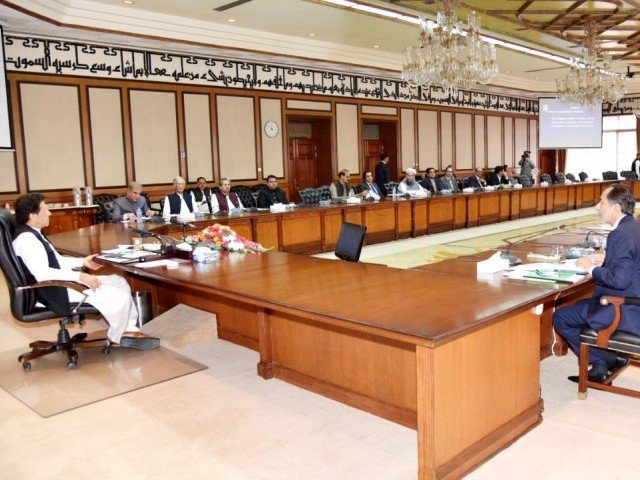ISLAMABAD: The federal cabinet will approve the Tax Laws (Fourth Amendment) Bill to abolish Rs350 billion tax exemptions and restore the standard 17 per cent rate of general sales tax (GST) under the terms agreed with the International Monetary Fund (IMF), Profit learnt here on Sunday.
Sources said that the Federal Board of Revenue (FBR) will present the amendment bill for approval in the federal cabinet meeting on Tuesday after which it will be moved to the National Assembly.
Reportedly, the government will abolish tax exemptions given on imported mobile phones, computers, silver, gold, and other jewellery. Standard sales tax (SST) will be levied on mobile phones under the ninth schedule.
The FBR will also withdraw the GST exemption given on zero-rated items of the fifth schedule; however, the exemption would continue for export-oriented sectors and machinery.
In addition, the GST exemptions given on items included in the sixth schedule will also be abolished excluding basic food, medicine, live animals, educational, and health-related items.
Similarly, sales tax exemption on agricultural commodities, tractors, fertilisers and pesticides will continue under the ninth schedule.
Sources said that the Petroleum Development levy target will be reduced from Rs600 billion to Rs356 billion however the government will increase the petroleum levy by Rs4 per month.
The tax collection target for the current financial year 2021-22 (FY22) has been increased from Rs5,829 billion to Rs6,100 billion while the proposal to reduce the development programme by Rs200 billion from Rs900 to Rs700 billion is also part of the proposed amendment bill.




